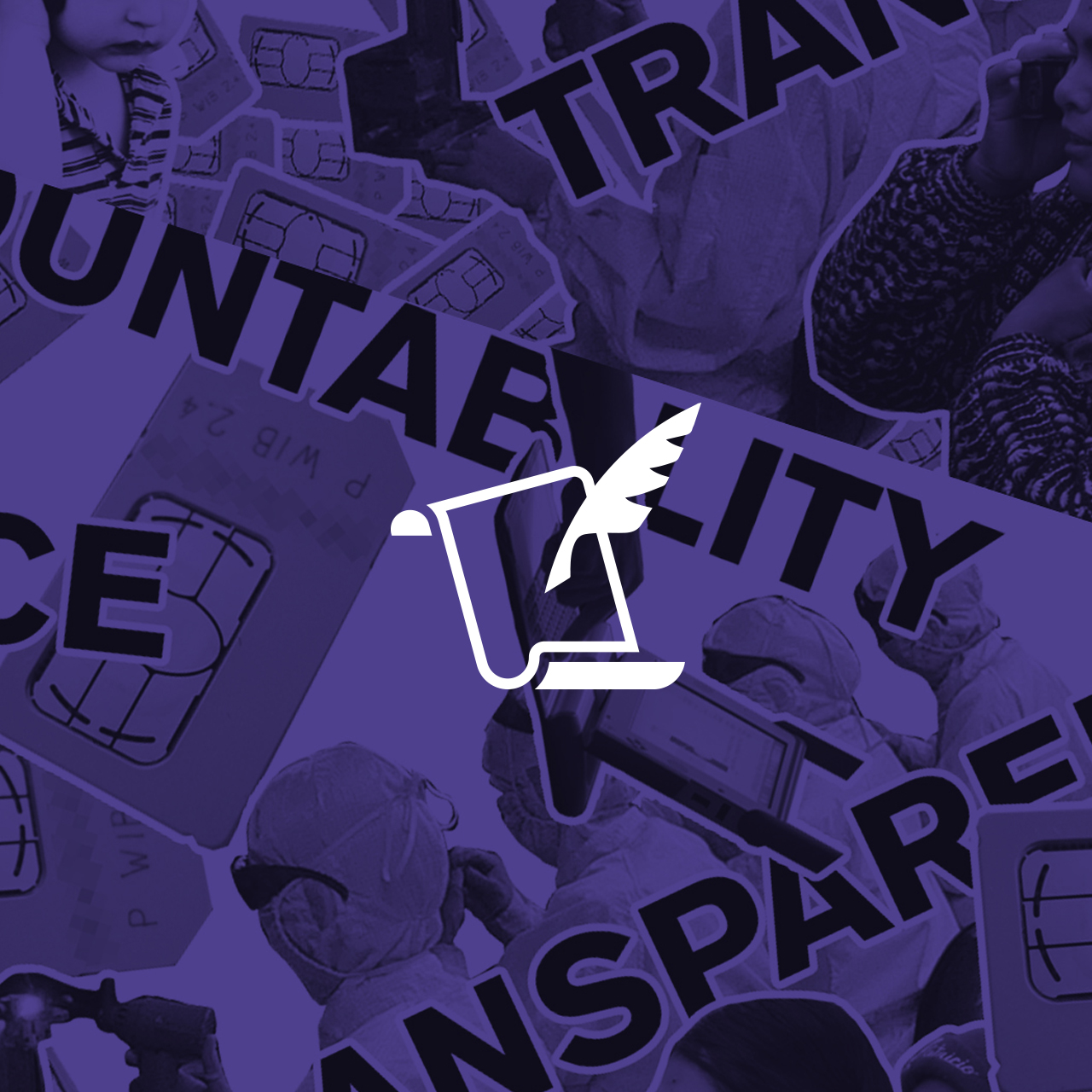Hundreds of technologists, companies, governments, and human rights advocates to convene in Manila to discuss privacy, security, corporate responsibility.
RightsCon Southeast Asia will take place this March 24-25, at Crowne Plaza Galleria, Ortigas City in Manila. It will bring together global civil society, engineers, activists, lawyers, companies, and governments on the subject of the internet and human rights. This will be the biggest such gathering in Southeast Asia hosted by the members of civil society.
RightsCon is an annual event, taking place alternatively between Silicon Valley in the United States and a regional location. The conference gathers tech companies, civil society organizations, and government officials to discuss pressing policy issues like internet governance and data sovereignty; intermediary liability and cybersecurity; privacy, surveillance and data protection; and net neutrality, innovation, and intellectual property.
“The conference is taking place at a time when governments, companies, technologists, and human rights activists are dealing with a range of pressing issues in the Southeast Asia region,” said Brett Solomon, Executive Director of Access. “From Singapore to Malaysia, Myanmar to Hong Kong, Southeast Asia’s 600 million people are coming online rapidly, and its businesses and consumers are making innovative use of technologies to develop their economies and to expand activities online. This explosive growth has huge ramifications for human rights.”
In this rapidly evolving technology space, RightsCon Southeast Asia will highlight emerging opportunities and threats allowing governments, companies, and civil society to share lessons and build strategies and partnerships to mitigate news challenges.
Top speakers for the event include: Charles Mok (Legislative Counsel – Hong Kong), May-Ann Lim (Asia Cloud Computing Association), Dan Bross (Microsoft), David Kaye (UN Human Rights Council), Nighat Dad (Digital Rights Pakistan), Rebecca MacKinnon (New America Foundation), Morgan Marquis-Boire (First Look Media), Khailee Ng (500 Startups), Kilnam Chon (EO Networking, Inc), Gayathry Venkiteswaran (Southeast Asian Press Alliance), Nicole Karlebach (Yahoo!), Rajnesh Singh (ISOC), Jia-Rong Low (ICANN), Patricia Curran (Telenor), Richard Stallman (Free Software Foundation), Jacob Appelbaum (Tor Project), Bishakha Datta (Wikimedia Foundation), Arthit Suriyawongkul (Thai Netizen), Libby Liu (Radio Free Asia), Chris Riley (Mozilla), Bertrand de la Chapelle (Internet & Jurisdiction Project), Pranesh Prakash (Centre for Internet and Society), Ben Blink (Google), Andrew McLaughlin (Digg), Simone Halink (Ministry of Foreign Affairs – Netherlands), Edmon Chung (DotAsia.org), Danny O’Brien (EFF), Andy O’Connell (Facebook), Chat Garcia Ramilo (Association for Progressive Communications).
The event will feature organizations and individuals from across the corporate, civil society, and government sectors, including:
Civil Society: ActionAid Myanmar, Amnesty International, Association for Progressive Communications, Article 19, Avaaz, Benetech, Blog Watch Philippines, Bytes for All Pakistan, Center for Internet and Society, CHANGE.org, Committee to Protect Journalists, DotAsia, Electronic Frontier Foundation, Free Press Unlimited, Freedom House, Human Rights Watch, Indigenous People’s Pact, Internet & Jurisdiction Project, Internet Democracy Project, Internews, IREX, ISC Project, ISOC, Jinbonet, Media Defense Southeast Asia, MIDO, Open Technology Institute, Philippine Internet Freedom Alliance, Prachathai, Ranking Digital Rights, Southeast Asian Press Alliance, Tactical Tech, Thai Netizen, Tor Project, WITNESS and World Wide Web Foundation,
Academia: Berkman Center for Internet & Society, Harvard; Brennan Center for Justice at NYU School of Law; Citizen Lab, University of Toronto; Islamic University of Indonesia; Columbia University; Korea University; Nanyang Technological University; RMIT University, Melbourne; Singapore Management University; Stanford Law School; UC Berkeley Center for Human Rights; University of Washington, Padjadjaran University
Governments/Intergovernmental: Council of Europe; Government of Sweden; ICANN; Indonesian National Commission on Human Rights; International Criminal Court; Open Data Task Force (PH); The World Bank; UK Foreign and Commonwealth Office; UN Council on Human Rights; UNESCO; EU Parliament (NE); Legislative Council of Hong Kong; and Ministry of Foreign Affairs, Netherland, German Foreign Office Coordination Unite on Cyber Foreign Policy
Tech Companies: 500Startups; Bubble Motions Pte Ltd; CloudFlare, Datacom Informatika; Digg; Duam Kakao; Facebook; Github; Google; Greenhost; Imperium Technology; KBZ Group; Kernellix; Linkedin; Microsoft; Mozilla; Networking, Inc; Open Garden; Pandora Security Labs; Satoshi Citadel Industries; SMART; Telenor; TiddlySpace; Verisign; YouTube and 8layertech.
Foundations: Astraea Foundation, Ford Foundation, Hivos, Open Technology Fund, The 11th Hour Project, The Nexus Fund, and Urgent Action Fund for Women’s Rights.
Other: AC Grant & Associations; American Bar Association; APNIC, Asia Indigenous People’s Pact; Center for Trade Union and Human Rights; Computer Professionals’ Union; Digital News Asia; Fenwick & West LLP; First Look Media; FitzGibbon Media; GNU Project/Free Software Foundation, Global Partners Digital, GMA News, Hong Kong Transparency Report, Indonesia Sustainable International Development Network; Myanmar Computer Federation, Open Data Lab Indonesia, Philippine Agence France-Presse, Philippine Open Source Network, Sec Dev Foundation; Thomson Reuters, and Ubuntu Myanmar LoCo Team.
RightsCon Southeast Asia is a truly representative event. Attendees will come from all corners of the globe, including Argentina, Australia, Cambodia, Canada, Colombia, Egypt, France, Germany, Hong Kong, India, Indonesia, Iran, Ireland, Japan, Malaysia, Myanmar, Nepal, Netherlands, Nigeria, Pakistan, Paraguay, Philippines, Singapore, South Korea, Spain, Thailand, the United States, Venezuela, and Vietnam.
Hosts:
Access is an international NGO that defends and extends the digital rights of users at risk around the world. By combining innovative policy, user engagement, and direct technical support, it fights for open and secure communications for all.
EngageMedia works at the intersection of video, technology and social change both in Southeast Asia and globally. they believe independent media and free and open technologies are fundamental to building the movements needed to challenge social injustice as well as to provide and present solutions.
Foundation for Media Alternatives (FMA) is a nonprofit NGO in the Philippines seeking to democratize information and communication systems and resources for citizens and communities.
For more information about RightsCon Southeast Asia and set of guidelines for media coverage, go here.
Register
